For years, the focus has been on Millennials: how do we figure them out and predict their behavior? Millennials have been seen as early adopters of innovation and new technology, thus driving powerful shifts in consumer behavior and the economy. Now that the youngest Millennials are nearing their mid- twenties (where did the time go?!), we need to look at what’s next: Gen Z.

Who is Gen Z?
Gen Z is defined by those born between 1995 and 2011 and is slated to be the largest group of consumers worldwide in the next 5-7 years. This generation came of age during the recession and the tech-fueled society created by Millennials. iPhones, tablets, and home pods have become second nature and Netflix, online shopping, and social media are the standard.
Gen Z is the ultimate consumer of quick content (think Snapchat and emojis) and can be seen multitasking across 5 screens on a daily basis, making it clear that brands need to adjust their marketing tactics in order to reach this new generation. But where to start?

Be Authentic
Gen Z is savvy. They know precisely when they are being marketed to and place a high value on sincerity. They want to experience brands on a deeper level, with influencers that are relatable yet accessible and content that is engaging and genuine. This is where influencer marketing comes in:
“Gen Zers are acutely aware of native content and in-app marketing, and they don’t mind, as long as the brand is speaking their language and is genuine and unfiltered,” Katherine Power, Clique Media Group CEO, told Adweek. “Specifically, these young minds want a one-to-one connection to an individual instead of hearing from a brand.” (WGSN)
While many brands have already tapped into influencer marketing & branded content to reach Millennials, they are going to have to find the right influencers to reach Gen Z. Influencer marketing is not a one-size-fits-all solution and campaigns will only be successful if brands are able to align with influencers that produce original content.
Money Matters
Growing up in a post-recession era, Gen Z is aware of finances in a different way than the generations before them. This tech savvy generation rarely uses cash and relies heavily on technology (i.e. Apple Pay). Gen Zers will spend more time researching and comparing prices before purchasing, and they expect this process to be seamless and efficient. Sephora, known for its user- reviews, now bridges the gap between mobile and instore purchases, allowing shoppers to check inventory, create a wish list and use Apple Pay. In order for brands to succeed with this new-age experience, the shop-to-buy procedure must be user-friendly, timesaving, and effortless.
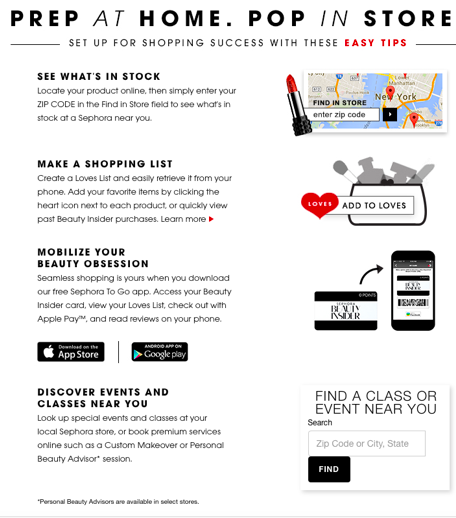
Leverage the “Learning Moment”
Gen Z has grown up with access to information at their fingertips via smartphones and tablets. Researchers are finding that Gen Z is exiting modern childhood closer to age 9 rather than the previous generations’ age 12. This group is evolving to be, “smarter than ever before, with high IQs and a strong business sense.“ A recent study found that 63% of Gen Zers are interested in learning about entrepreneurship upon entering college. Gen Z grew up watching DIY and video tutorials on the Internet, accessing branding tools such as website templates, and using entrepreneurial applications such as Poshmark and Ebay. So, what does this mean for brands? Gen Z craves education. Brands need to leverage this by giving users an experience that teaches and advises how to better one’s self.
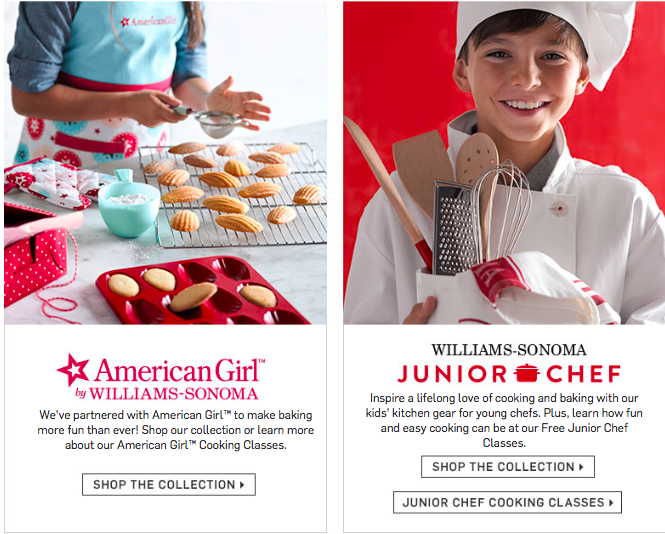
With the oldest part of Gen Z in college and the youngest in elementary school, we all still have a lot to learn about this generation and the impact they will have. The reality is, Gen Z is enormous and intelligent and in order for brands to stay relevant, they must start paying attention to them now.

Whitney Ocko
Sr. Brand Specialist, Brand Integration
Need help with branding or your content approach? We use consumer insights to inform campaigns and content strategy. Shoot us a note here to start the conversation.







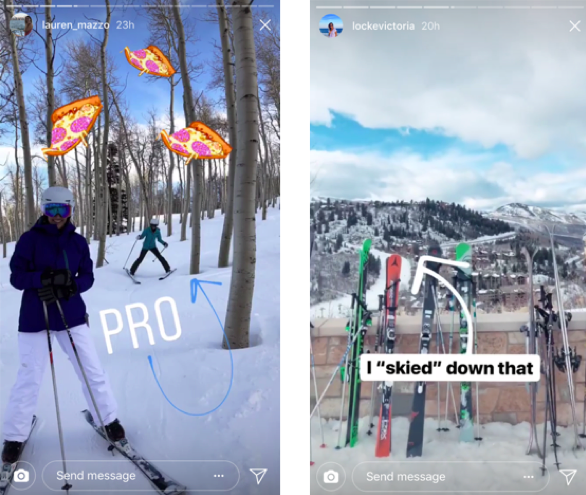
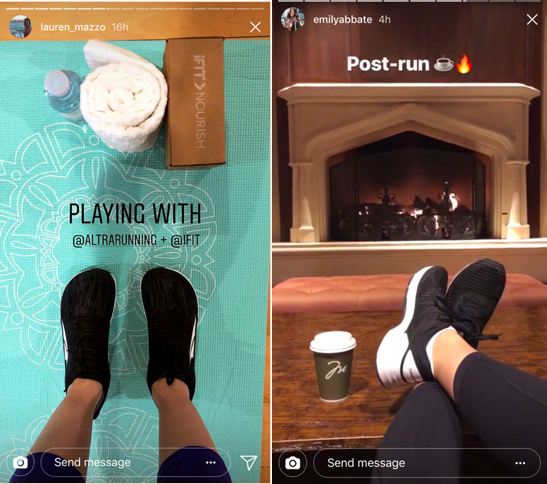

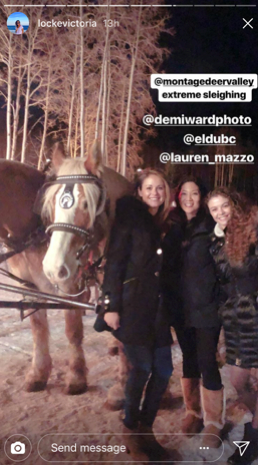

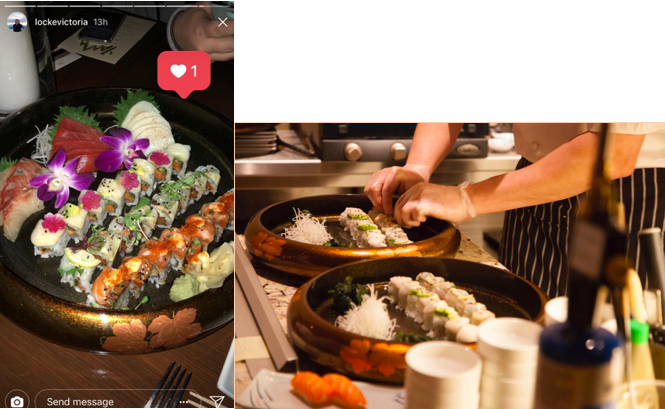
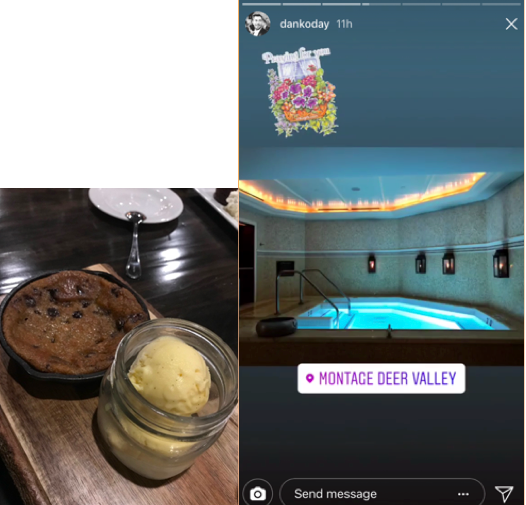
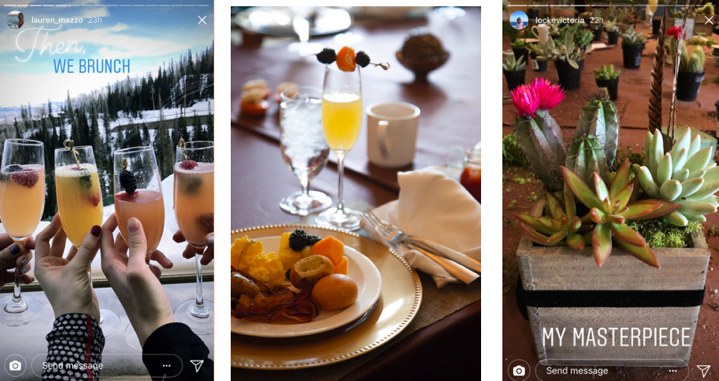
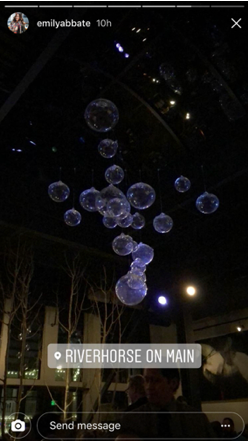









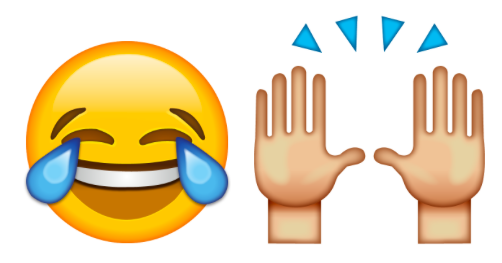 ”Either the hands up emoji or the laugh until you cry face. It’s a party/celebration or really happy that I’m crying… and I love both those things.”
”Either the hands up emoji or the laugh until you cry face. It’s a party/celebration or really happy that I’m crying… and I love both those things.”






